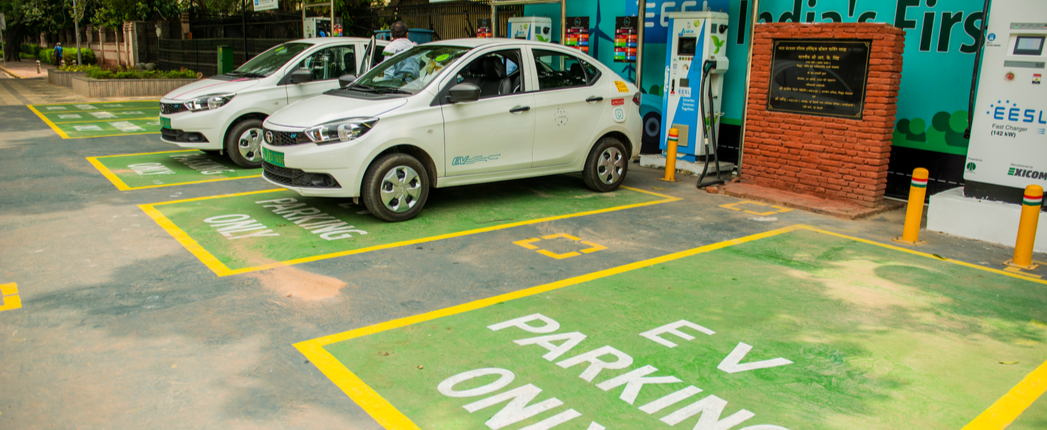
Gulf Oil Lubricants India Ltd. signaled in a recent press release that it may move into the e-mobility space. With India’s government seeking to grow electric vehicle numbers rapidly, Gulf’s move could spur similar action by other local lubricant companies concerned about future sales taking a hit from EVs.
India is already home to a large fleet of electric two- and three-wheelers and small numbers of four-wheelers that run on volts. But the government is pushing vigorously for more EVs on the roads by spending U.S. $770 million on localizing automobile and component manufacturing and $2.43 billion on developing batteries, as well as promoting alternative and clean-fuel mobility. It also extended the second phase of its Faster Adoption and Manufacturing of Hybrid and Electric Vehicles scheme to 2024.
A handful of Indian car companies produce battery-powered passenger vehicles, notably Tata, which also owns Jaguar Land Rover; Mahindra & Mahindra; and Baja. Annual sales of electric four-wheelers have yet to hit 6,000 units, but Bloomberg NEF predicts they will reach 2 million units by 2040.
The board of Gulf Oil Lubricants India Ltd. drafted an amendment to the company’s memorandum of association allowing it to explore opportunities in batteries, charging, vehicles, software-as-a-service and mobility-as-a-service. The amendment is subject to shareholder approval.
“While continuing to pursue additional market share in the still growing lubricants market in India, Gulf Oil also aims to take part in these emerging e-mobility opportunities within India and its parent’s global initiatives in these areas,” the company said.
More EVs are bad news for engine oil blenders, but they also pose a threat to other streams of revenue, said Sebastian Doerr, manager of Lubtrading GmbH, a grease and base oil trading company based in Luxembourg.
“As e-mobility is speeding up, it’s a must to look into such solutions,” Doerr told Lube Report. “The bigger concern is the total demand of lubes. We will not only miss the engine oil demand – almost 40% of total market – but also metalworking fluids for engine manufacturing, we will see much less gear boxes and gear oils.”
Additive manufacturers and bigger lube companies are working on lubricating products for BEVs, focusing on cooling fluids for batteries and e-motors, gear lubrication and greases, Doerr said.
He estimated that lubricant demand might shrink by 50% globally over the next 20 years, even taking industrial growth and economic development into account. Other analysts have forecasted much smaller impacts from EVs and other factors during that time span.
“Let’s wait and be prepared for the unexpected,” Doerr said.
Gulf Oil India’s shift in focus reflects similar repositioning in Europe. Polish state refiner and base oil producer PKN Orlen announced this week it had a memorandum of understanding with U.S. wind turbine company GE Renewable Energy. Several Europe-based energy companies, like BP, Shell and Total, are investing in EV charging infrastructure as well as renewable energy generation. For more coverage of electric vehicles and their impact on lubricants, subscribe to Lubes’n’Greases’ Electric Vehicles InSite.